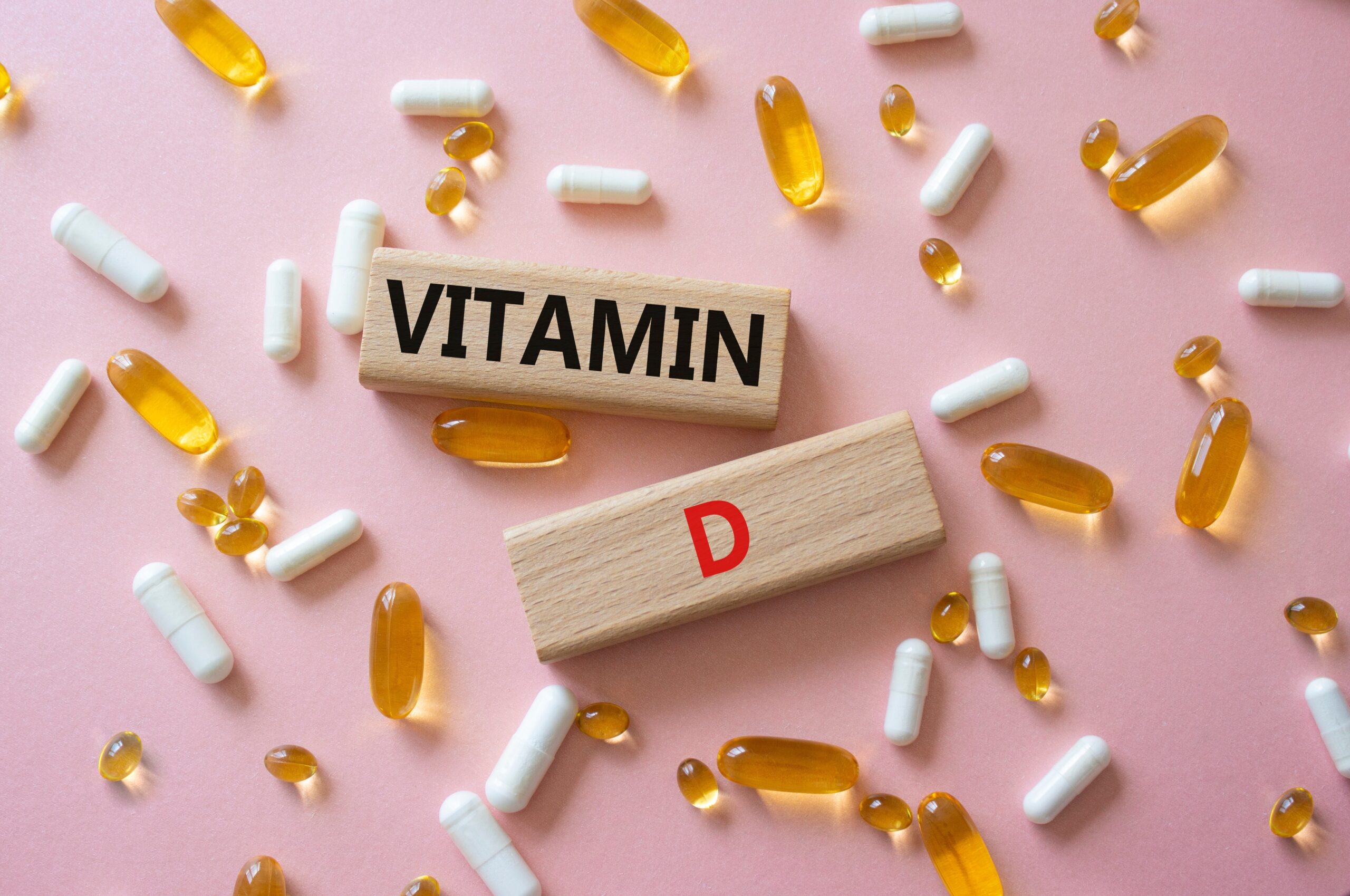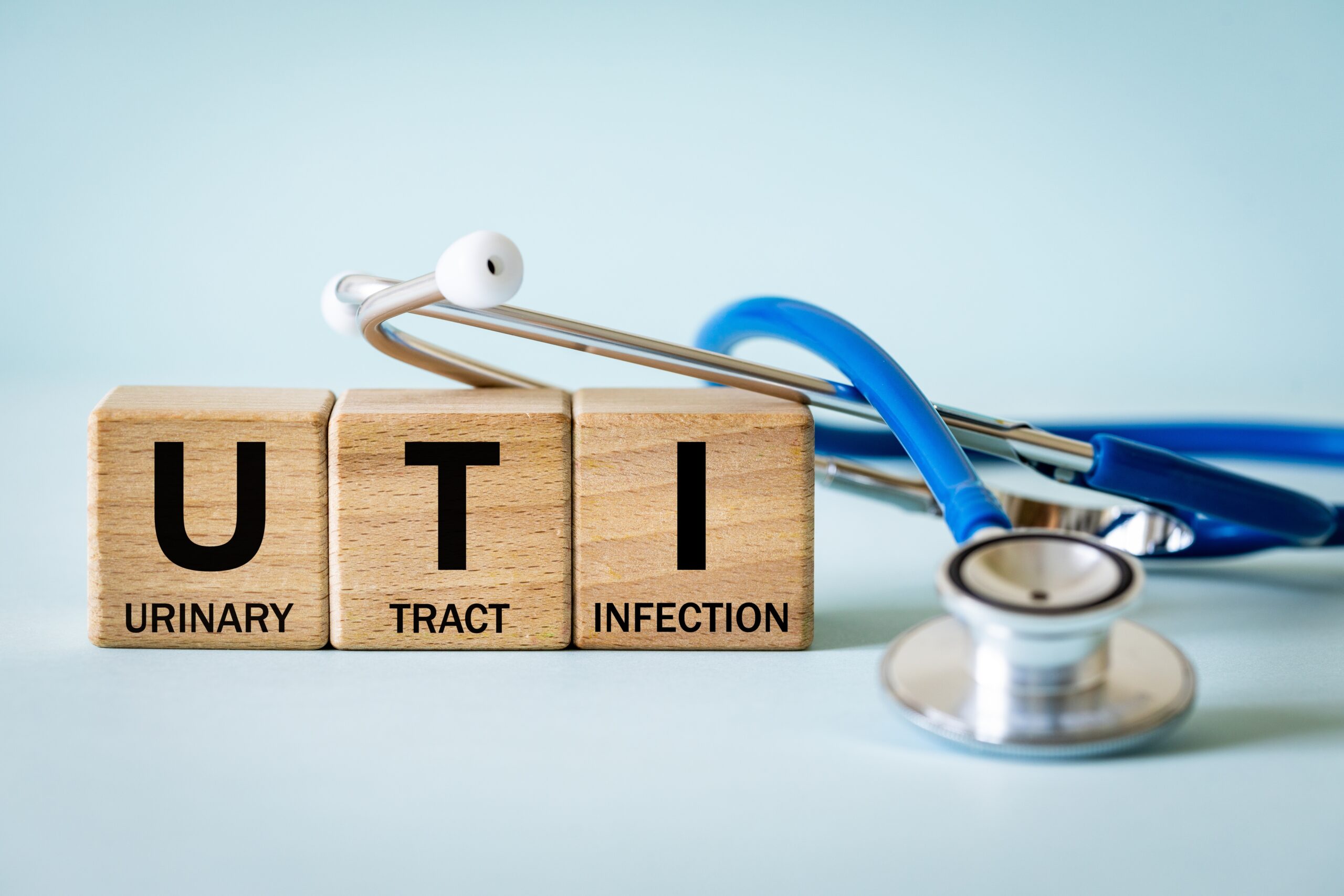The overlooked power of vitamin D may hold the key to significantly reducing the risk of breast cancer, capturing the attention of scientists and health enthusiasts alike.
Story Overview
- Vitamin D is emerging as a potential preventive agent against breast cancer.
- Postmenopausal women may benefit most from increased vitamin D levels.
- Clinical trials suggest vitamin D could enhance breast cancer treatment outcomes.
- The nutrient’s low cost and accessibility make it a viable public health strategy.
Vitamin D’s Hidden Potential
Research increasingly supports the role of vitamin D in reducing breast cancer risk, a departure from its traditional association with bone health. Initial studies dating back to the early 2000s began to hint at this connection, but it is recent findings that are solidifying its significance, especially among postmenopausal women. The nutrient’s ability to regulate cell growth and promote apoptosis suggests a biological mechanism that could turn the tide in cancer prevention.
Watch: 4 Foods Fight Breast Cancer (Do NOT Miss THIS!)
The Sister Study, a large-scale investigation initiated in 2003, tracked over 50,000 women and found that those with higher serum levels of vitamin D had a notably lower incidence of breast cancer. This evidence was further bolstered by meta-analyses throughout the 2010s, which confirmed a consistent inverse relationship, particularly among postmenopausal women. These findings are not just statistical anomalies; they speak to the potential of vitamin D as a cornerstone in breast cancer prevention strategies.
It’s Not Too Late.
Research shows that maintaining optimal vitamin D levels—even after a breast cancer diagnosis, can significantly improve health outcomes.Women with higher vitamin D levels demonstrated up to a 44% lower breast cancer–related mortality and greater overall… pic.twitter.com/U59ulYaxrt
— GrassrootsHealth (@Grassroots4VitD) October 14, 2025
Clinical Trials and Treatment Enhancements
In recent years, clinical trials have explored vitamin D as an adjunct therapy, yielding promising results. A notable study from Brazil reported that breast cancer patients receiving vitamin D supplements during chemotherapy exhibited improved rates of tumor disappearance, nearly doubling the success rate compared to those on a placebo. Such findings are causing a stir in the oncology community, urging a reevaluation of current treatment protocols.
While oncologists express cautious optimism, the call for further research is loud and clear. The need to replicate these results in diverse populations is paramount to ensure these benefits are universally applicable. Until then, vitamin D remains a promising, albeit not yet definitive, tool in the arsenal against breast cancer.
Public Health and Economic Implications
The implications of these findings extend beyond individual health benefits. If the protective effects of vitamin D are confirmed, the public health impact could be substantial. With breast cancer being the most common cancer among women worldwide, a simple, low-cost supplement could significantly reduce incidence rates and healthcare costs. This prospect is particularly appealing given the economic burden of cancer treatment.
The potential for vitamin D to serve as a preventive measure raises questions about current public health recommendations and the role of nutrition in cancer prevention. As the evidence mounts, the conversation around vitamin D is shifting, and it may soon be recognized as a critical component in cancer prevention strategies.
Sources:














